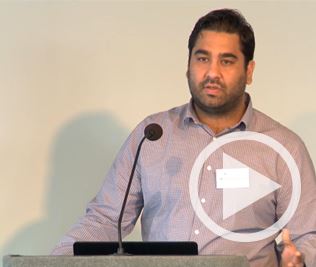Your basket is currently empty!
Functional identification of CD8+T cell epitopes by parallel interrogation of more than a million distinct peptide-coding sequences

Though deep sequencing of T-cell receptor (TCR) repertoires can now be performed routinely to reveal the scope of repertoire diversity, these TCR-seq experiments do not provide any information regarding the antigenic targets of individual TCR clonotypes nor the scope of reactivity encoded within the TCR repertoire. Functional testing of T-cell receptors against large sets of possible antigens is required in order to link TCRs-of-interest discovered in TCR-seq to their cognate antigens. However, existing methods for T-cell antigen identification are limited in scalability and, therefore, inadequate for use in large-scale epitope discovery efforts that are necessary to decode the complexity of T-cell reactivity. We have developed a novel high-throughput screening approach for T-cell antigen discovery that has been validated in model mouse systems to match the specificity and sensitivity of current methods but with the added advantage of being able to screen greater than 100x more antigens than is currently practical with existing strategies. This approach employs a granzyme-B (GZMB)-sensitive fluorescent reporter gene linked to libraries of short peptide-encoding “minigene” sequences. Minigene-reporter cassettes are lentivirally transferred into a pool of sero-matched antigen presenting cells (APC), which can then be co-incubated with T-cell lines of interest. Detection of the reporter signal in targeted cells allows for the isolation of APCs carrying putatively antigenic minigenes. These minigenes are recovered by PCR and characterized by deep amplicon sequencing to reveal the landscape of antigens that are recognized by the input T-cells. Currently, we are working towards transitioning the approach to human cells and also leveraging its high-throughput capacity to evaluate the cross-reactivity of murine and human model TCRs against large libraries of randomized synthetic minigenes. The objective of these studies will be to explore the size and characteristics of the peptide repertoire that individual TCRs can recognize from a non-endogenous set of antigens, which, in addition to being a widely discussed but largely unexplored area of T-cell biology, is an important consideration for the development of safer, more precise immunotherapies and biopharmaceuticals.
